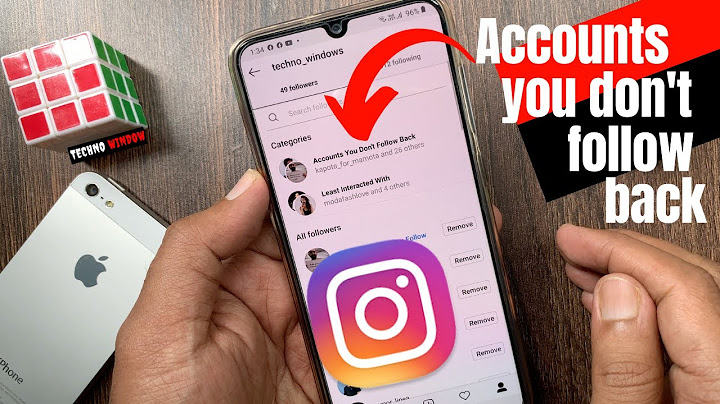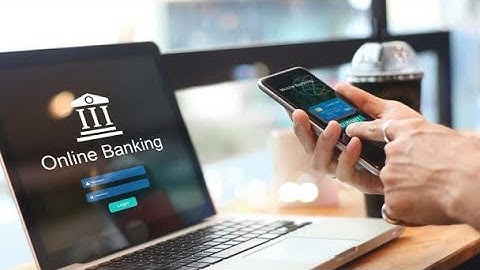I have two personal Facebook accounts under my name. To make a long story short, while I was on vacation two years ago, I could not access my original Facebook account, so I created a second one using an alternate email address. The problem that I am facing now is that people connect with me through both Facebook accounts while I would rather use just one. I did look into deleting one of them, but I’m afraid that both of my accounts will then be deleted as both are under the same name, but have their own email and password. How do I safely delete just one of my accounts? Show As long as you have access to both accounts, deleting one of them safely is no problem at all. The “problem” that many people run into is when they don’t have access to that “second” account — because they didn’t set it up in the first place! 
Identifying a Facebook account While there aren’t many Leo Notenbooms out there, there are plenty of John Smiths in the world. If Facebook used only a name, then the first John Smith to disable his account would disable all of the John Smiths! (Arguably, the first John Smith to create an account would prevent all the other John Smiths from creating their own.) The bottom line is, that’s not how it works. It’s the email address that matters. Delete one account by email addressPick the account you want to use. Make sure your friends who connected with you on the other account know that you’re moving. Then sign in to Facebook using the email address of the account you want to delete, and delete it. (Aside from a little confusion, there’s really nothing wrong with leaving the account open.) But deleting one of your two Facebook accounts should be completely safe if done properly, since it’s identified by a unique email address. If you don’t have accessOne reason some people believe they have two accounts is if they encounter an account with their name — perhaps even their photographs and more — that they didn’t create. The bad news is that since you didn’t create it, you don’t have access to it. You don’t know what email address was used to set it up, so you don’t have access to that either. You’ve encountered a fake, cloned, or what Facebook refers to as an “impersonation” account. You cannot delete this account because it doesn’t belong to you. It belongs to the impostor. Your options in this case are limited to reporting the account as fake and possibly asking your friends to do the same (make sure they report the correct — fake — account). Since this is a pretty common problem, my understanding is that Facebook should take care of it relatively quickly. Podcast audioVideo Narration  QUESTION: I got locked out of my Facebook account and it says that I have to upload a photo ID to get back in. Is this legit? ANSWER: Facebook is by far, the most popular social network on the planet with an estimated 2.7 billion daily users. With that many users, virtually everything Facebook does has
to be automated in order to deal with the sheer volume and one of those processes is flagging accounts. There are a variety of reasons that can lead to being locked out of your account that can range from violating one of its rules to suspicious logins. What is considered a violation of Facebook's community
standards or terms of service is a constantly moving target, especially in the current political environment. If their automated monitoring system sees that you’ve logged into your account multiple times from new places, it can also lock the account down to ensure that your credentials haven’t been stolen. Election 2020: More companies pledge to give their workers time to vote New moves by the Fed: What it means for borrowers, savers, and the economy It’s also possible that someone reported your profile as a fake account or posts associated with your profile as abusive or spam. If you’ve joined a lot of groups and post to many of them on a daily basis, it’s possible that the system may think that you are spamming users, especially if it’s the exact same post on every group’s page. It’s also possible you’re being asked to upload identification to verify your real name, as it’s one of Facebook’s terms of service, so using a nickname can cause issues in some cases. There are a variety of documents Facebook will accept as proof of your identification beyond your driver’s license which are listed in two groups. Facebook lockout protectionGetting locked out, especially for those that manage a lot of Facebook pages or have used Facebook login for services such as Spotify, can become very disruptive. Fortunately, there is a proactive step everyone can take to help streamline the process if you are ever locked out of your account. Back in 2013, Facebook introduced a feature called ‘Trusted Contacts’ which was specifically created to help users that get locked out of their accounts. To set this up, go to settings, then to ‘Security and Login’ and then click the edit button next to ‘Choose 3 to 5 friends to contact if you get locked out.' In the event you get locked out, Facebook has an automated process that will generate special recovery codes that only your preexisting trusted contacts can access, so you’ll need to follow the recovery instructions carefully. Additional security stepAn important security step that can reduce the chances that your account is ever taken over by a thief is to activate two-factor authentication, which is in the same ‘Security and Login’ menu. This will register your phone number with Facebook as the rightful owner of the account and send a code to that number whenever you log into your account from a device or location that Facebook doesn’t recognize. Once activated, this would mean that a thief would not only have to steal your username and password, they would also have to get their hands on your phone while trying to log in. Ken Colburn is the founder and CEO of Data Doctors Computer Services, datadoctors.com. Ask any tech question at facebook.com/DataDoctors or on Twitter @TheDataDoc. Facebook Twitter Email |

Advertising
LATEST NEWS
Advertising
Populer
Advertising
About

Copyright © 2024 kemunculan Inc.













